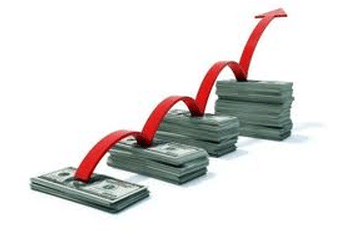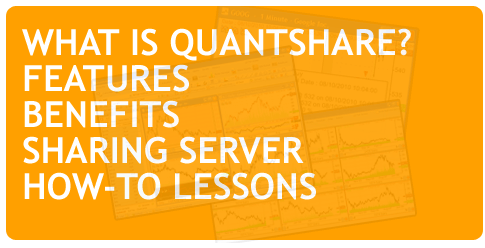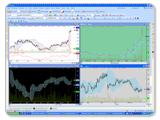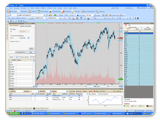 The Forex market is laden with success stories as well as gut-wrenching, mind-numbing losses. And although people from different backgrounds can try their hand at this market, there’s a certain type of people that can consistently make money while others fail to do so. Such trend pushes us to ask the question: What do successful Forex traders have in common? Strategies and techniques vary from one trader to the other. However, there are certain characteristics that separate successful Forex traders from the rest of the pack. Below are the common characteristics Forex traders have or have developed over the course of their trading career to become successful: Passion for Forex Trading Beneath the facade of success; beneath every solidly crafted strategy; is a passion derived from getting immersed in Forex trading. While some traders are only in it for the money, successful traders are in love and derive real fulfillment whenever they are in a trade – making lots of money in the process is icing on the cake. Aspiring traders who take trading as a means to make quick buck would meet initial hurdles and they quickly give up or chase other “promising” ventures and trends; while passionate traders stick to the game and hone their skills and improve their trading system. Solid Strategy When it comes to trading system and strategy, the adage: “When you fail to plan, you plan to fail” applies. A solid trading system guides you with ideal entry and exit points; so you can plan ahead before you enter a trade. Furthermore, a solid trading system should stack the odds in your favor. Of course, there are many gurus out there touting their trading system; and for the most part, their system may be good enough. However, the question that begs an answer is: Is it good enough for you? You have to consider your trading style and level of risk tolerance to choose a trading system that completely suits you. Discipline Aspiring traders are always looking for a turn-key system that will unlock the doors to riches. However, such “secret” system does not exist. Sure, there are trading systems that are superior to the rest. But I have yet to see a system that will dispense money like an ATM machine. Having a solid system is just half of the equation. Sticking to the system requires discipline and is therefore, the second part of the equation. A very good example where the discipline of a trader is tested is when he has to exit a position at a stop loss. Exiting at a stop loss means you lose money on the trade and therefore, very painful for traders to do. There’s the temptation to stay in position and hope for the best. However, taking some losses in some of the trades is sometimes necessary as part of the money management plan so that the trader wins in the long run. A trader who doesn’t have the discipline to follow something as simple as a stop loss is a disaster waiting to happen. Emotional Control Trading can induce wide ranging emotions. The most potent emotions experienced by traders are greed and fear. Successful traders have a tight grip on these emotions and do not let it interfere in their trading decision. Successful traders do what they have to do – regardless of the emotions they’re feeling Risk-Taker Trading, underneath the sophisticated calculations and thoroughly devised system, is still all about taking risk. Even with carefully crafted system and best laid plans, an individual trade may not pan out the way you expected it to. A successful trader knows this and still makes calculated risks on the market. Forex trading, or trading some other underlying asset is not the ideal place for people who gets cold feet in the face of risks and uncertainties. Trading, after all, is not about making money on each and every trade. It’s all about managing risks so that when traders do lose money – which is inevitable, by the way – they don’t lose more than what they earned on their winning trades. Confidence Confidence comes with experience and knowledge. It is the prize of sticking it out and learning from successes and failures. A confident trader reacts decisively during crucial moments. Where other traders are panicking, a successful trader knows his plan and acts upon it with confidence. Confidence also comes from looking at the long term picture of your trading system instead of short-term success. Beneath the intricacies of Forex trading, is a complete merger of art and science. Trading systems and indicators are best used as a tool. However, as reflected by what successful traders have in common, success – or failure, for that matter, in Forex trading – is an inside job. Some people are born with these characteristics while others have developed it over the course of their trading career. comments powered by Disqus |

|
|
|
|







